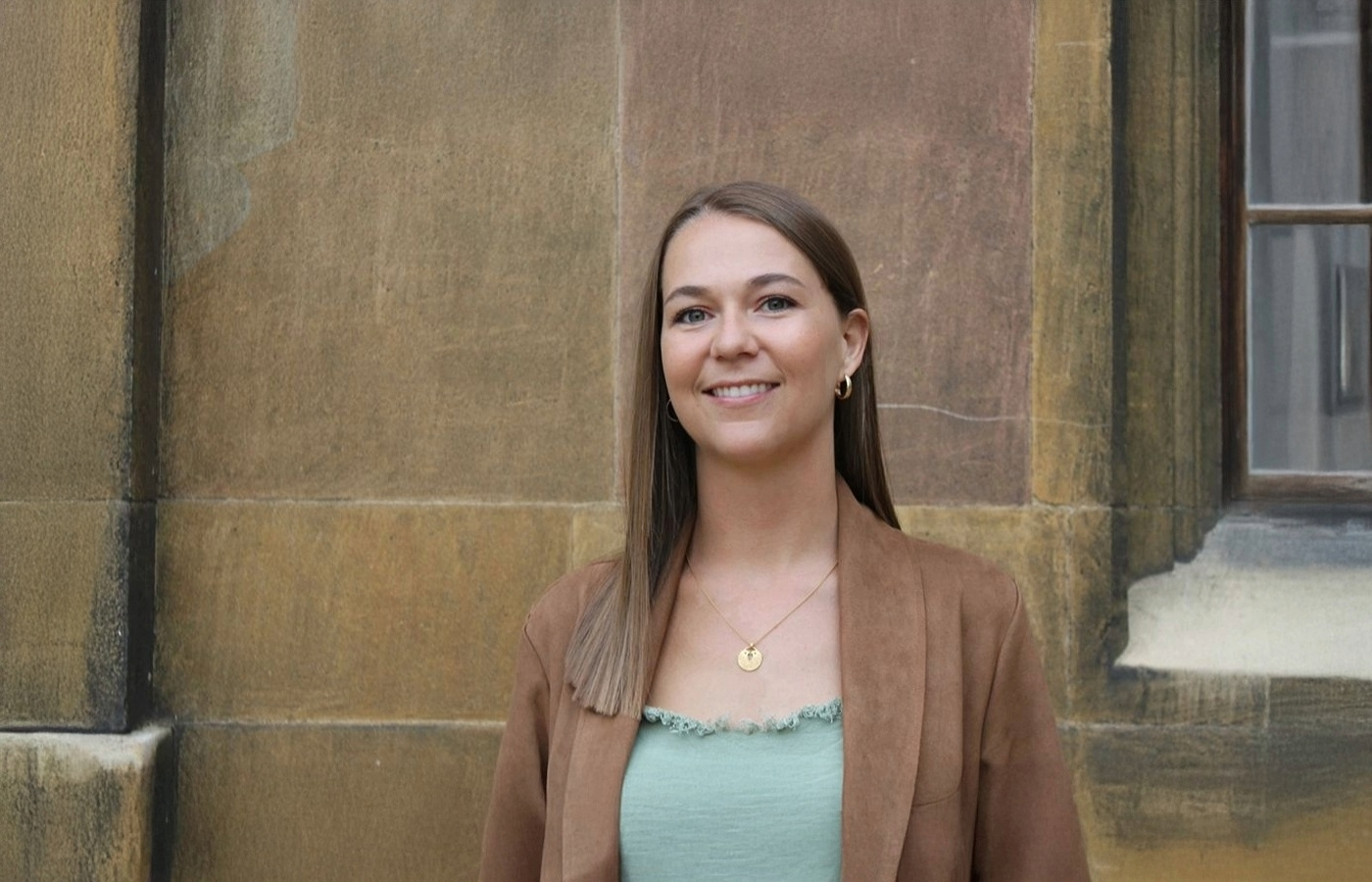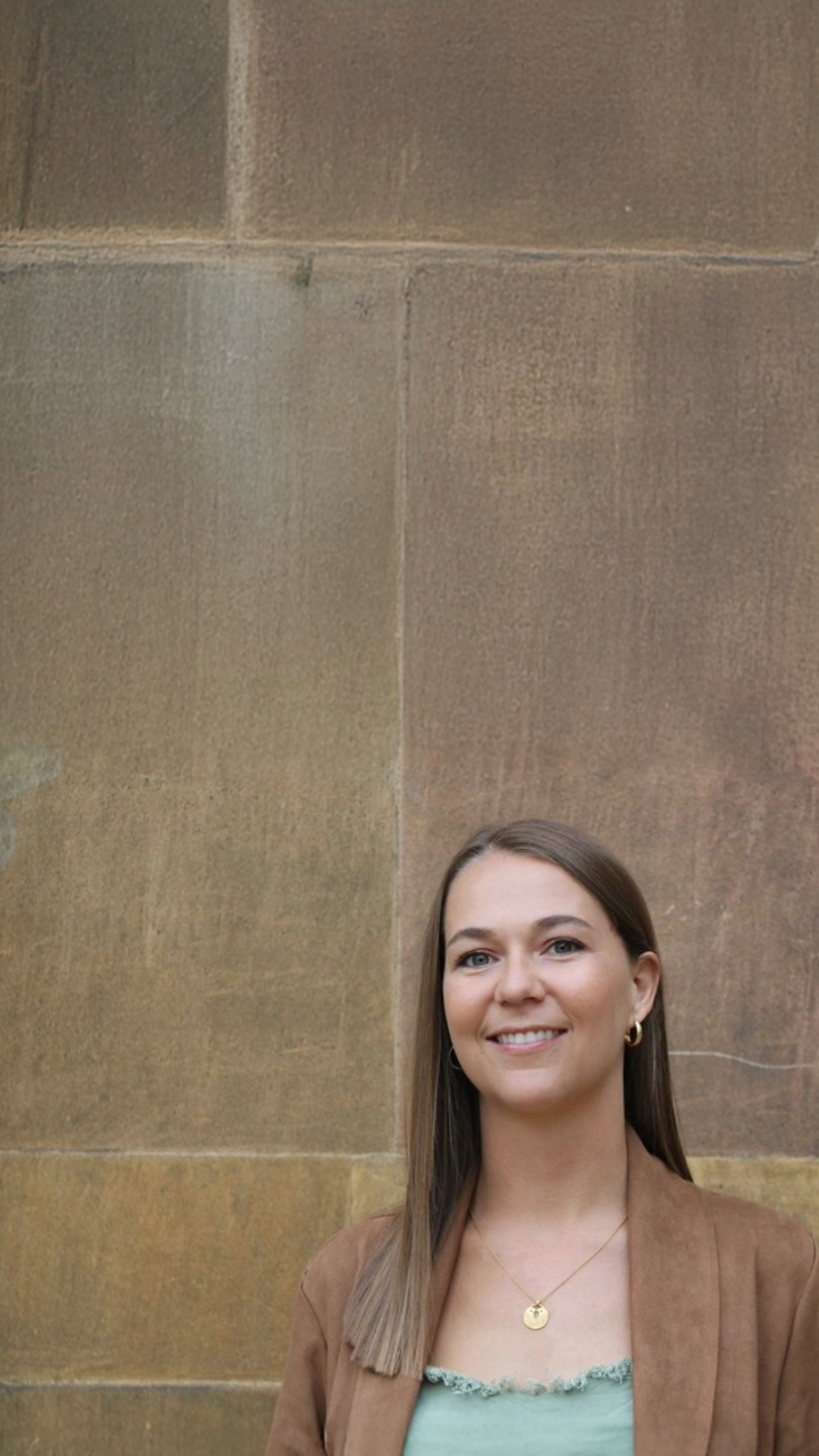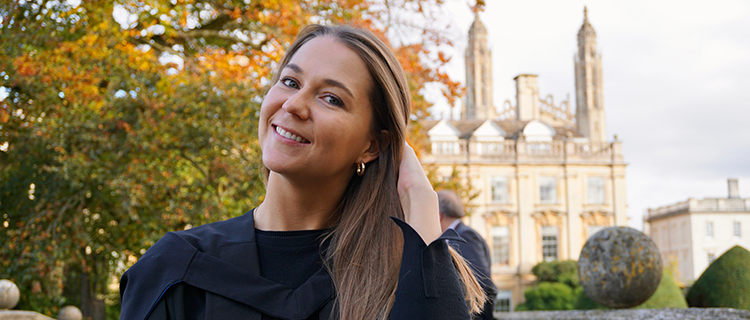

Since completing the Bachelor of Laws / Bachelor of Arts at Bond, Thea Philip has forged an impressive career in environmental and climate law and policy. She undertook an array of international internships and legal positions, which led her to pursue her Master of Philosophy in Environmental Policy at the University of Cambridge, before taking on her current position in London as Director at climate change advisory and investment firm Pollination.
We spoke to Thea about her experience studying at Bond, her career, and her advice for anyone wanting to pursue environmental and climate law.
What is a highlight from your time at Bond?
The international opportunities I was able to take part in were, by far, the highlight of my time at Bond. I was very fortunate to spend around a third of my degree overseas, making the most of Bond’s fantastic internship and exchange opportunities. . In my second year, I spent six months in Norway on a study abroad exchange to focus on energy law, and in my final year I was fortunate enough to receive financial support from the University to undertake two international internships across two semesters.
My experiences as an intern at the International Center for Missing and Exploited Children in Washington, D.C. and at the International Energy Agency in Paris enriched my undergraduate experience. They introduced me to interesting people from around the world and allowed me to test out different potential career paths before deciding which graduate roles to apply for.
How did Bond prepare you for your future career?
Bond’s accelerated degree structure prepared me for the intensive nature of my early career positions, particularly in the commercial law environment where I started out. Studying at Bond also taught me the importance of having fun while pursuing your ambitions and goals — I learned how crucial it is to build strong relationships with your peers and to be able to draw on one another for support and guidance.
Tell us about your career path to date
During my time at Bond, I completed clerkships at commercial law firms in Brisbane, as well as internships with the International Humanitarian Law program of the Australian Red Cross, and the previously mentioned internships overseas. Upon leaving Bond, I commenced a graduate program with Ashurst, during which I was admitted as a lawyer after completing my Graduate Diploma of Legal Practice (GDLP). I spent two-and-a-half years at Ashurst, both in Brisbane and Melbourne, practising primarily in the areas of energy, environment and planning.
Having long had an interest in the global response to the dual crises of climate change and nature loss, I decided to undertake a Master of Philosophy in Environmental Policy at the University of Cambridge, which I commenced in 2020. Throughout this degree, I studied international environmental law, environmental economics, and comparative environmental law and policy. Since completing my master’s degree, I’ve been working in London at Pollination, a climate change advisory and investment firm that concentrates on accelerating the transition to a net zero, nature-positive future.
What do you do in your role at Pollination?
At Pollination, I’ve provided legal, strategic, and policy advice to clients across government, corporates, financial institutions, and multilateral development banks on matters related to climate and nature. This included leading a team of instructing solicitors to commission and disseminate a public-facing independent legal opinion by prominent barristers, including two King’s Counsel, that clarifies the scope of UK company law directors’ duties with respect to nature and climate. This opinion contributed to the growing legal and commercial understanding that if a company director is unable to demonstrate proper consideration of the nature-related risks faced by the business, they could potentially be exposed to increased shareholder scrutiny and legal consequences for breach of duty.
My work has also included capacity building for board-level, executive, and operational professionals to upskill decision-makers regarding nature-related risks and opportunities, including global trends and the landscape of voluntary, regulatory, and legal developments. I’ve conducted nature risk assessments and developed nature strategies for financial institutions and large corporate clients across sectors. On the investment side, I’ve provided due diligence and transaction support for investors looking to acquire nature-based solutions project developers.
Building on my law and policy training and early experience, I’ve enjoyed developing more interdisciplinary skills across commercial strategy, technical assessments, and finance.
What sparked your interest in climate law?
Throughout my childhood and adolescence, I was fortunate to spend time in Pacific Island countries visiting my mother, who was living there at the time. I engaged with communities who were experiencing a very real fear of climate change, which was already presenting itself as an imminent threat. This profoundly impacted me as a young person, forcing me to recognise the disproportionate contribution my lifestyle in Australia had on anthropogenic climate change and nature loss. We are one of the highest greenhouse gas-emitting countries per capita and the only developed country categorised as a major deforestation front.



What do you do in your role at Pollination?
At Pollination, I’ve provided legal, strategic, and policy advice to clients across government, corporates, financial institutions, and multilateral development banks on matters related to climate and nature. This included leading a team of instructing solicitors to commission and disseminate a public-facing independent legal opinion by prominent barristers, including two King’s Counsel, that clarifies the scope of UK company law directors’ duties with respect to nature and climate. This opinion contributed to the growing legal and commercial understanding that if a company director is unable to demonstrate proper consideration of the nature-related risks faced by the business, they could potentially be exposed to increased shareholder scrutiny and legal consequences for breach of duty.
My work has also included capacity building for board-level, executive, and operational professionals to upskill decision-makers regarding nature-related risks and opportunities, including global trends and the landscape of voluntary, regulatory, and legal developments. I’ve conducted nature risk assessments and developed nature strategies for financial institutions and large corporate clients across sectors. On the investment side, I’ve provided due diligence and transaction support for investors looking to acquire nature-based solutions project developers.
Building on my law and policy training and early experience, I’ve enjoyed developing more interdisciplinary skills across commercial strategy, technical assessments, and finance.
What sparked your interest in climate law?
Throughout my childhood and adolescence, I was fortunate to spend time in Pacific Island countries visiting my mother, who was living there at the time. I engaged with communities who were experiencing a very real fear of climate change, which was already presenting itself as an imminent threat. This profoundly impacted me as a young person, forcing me to recognise the disproportionate contribution my lifestyle in Australia had on anthropogenic climate change and nature loss. We are one of the highest greenhouse gas-emitting countries per capita and the only developed country categorised as a major deforestation front.



Bond now has a climate law specialisation within the Faculty of Law. What role do you see legal professionals playing in the climate change sector?
Lawyers and legal professionals can and will play so many roles in the transition to meet the global targets for climate and biodiversity. We need legislators and governments shaping policy and national laws to align with international commitments and set the right incentives to operationalise the transition, litigators taking action against governments and corporations to achieve climate justice on behalf of communities and individuals, corporate lawyers advising on the company law and governance dimensions, transactional lawyers structuring deals to mobilise public and private transition finance, as well as academics, advocates, and movement-builders contributing to public discourse and system change. The net zero and nature positive transitions will affect all sectors and those with knowledge of the core challenges and opportunities will be well-placed to help the world adapt and re-shape it as required.
Employability aside, each of us has a moral imperative, as members of the global community, to act in pursuit of a healthier future that recognises the inherent interconnectedness of people and planet. When the planet thrives, our communities thrive. The more people who understand this, along with the legal and policy responses required to move away from the exploitative and extractive character of our current global economy to one that is more regenerative and inclusive, the better it will be for all of us.
What more do you feel law schools can do to best address climate change?
Law schools teaching climate law and policy are crucial to addressing the environmental challenges we face. Given the extent of societal change required to meet the global targets set out under the Paris Agreement and Global Biodiversity Framework, we need as many minds focused on the task as possible.
When teaching climate law, it is important for law schools to incorporate interrelated topics like nature law, human rights law, and climate justice into the curriculum, in addition to the more obvious courses on international environmental law and company law, as they’re inextricably linked. For example, evidence shows that when the rights of Indigenous Peoples are recognised, secured, and protected, rates of deforestation are generally lower and carbon stocks are generally higher than in forests managed by non-Indigenous actors. It is therefore critical that graduates have a good comprehension of Indigenous peoples’ rights and perspectives.
Additionally, human rights implications should be taught, giving due consideration to the disproportionate impact climate change will have on existing inequalities, such as those faced by women and girls. The broader a university’s approach to climate law is, the more effective it will be in producing skilled professionals who are aware of the complexities and ready to take on current and future challenges.
What advice would you give to students aspiring to a career in climate law?
Go for it! It is an incredibly dynamic and rewarding field, with an abundance of opportunity. If you’re looking for a career that is challenging, inspiring, and allows you to work towards making the world a better place, then this is the path for you.
I’d also recommend rolling up your sleeves and really getting to work to understand the ethics, science, and economics behind environmental decision-making, to support your legal expertise and fuel your passion. As with all career paths, try to find mentors to help you along the way. Support from experienced professionals and peers will be invaluable as you navigate this rapidly changing landscape.
“If you’re looking for a career that is challenging, inspiring, and allows you to work towards making the world a better place — then this is the path for you.”
Published on Wednesday, 21 May, 2025.

Original thinking direct to your inbox

Stories from Bond
